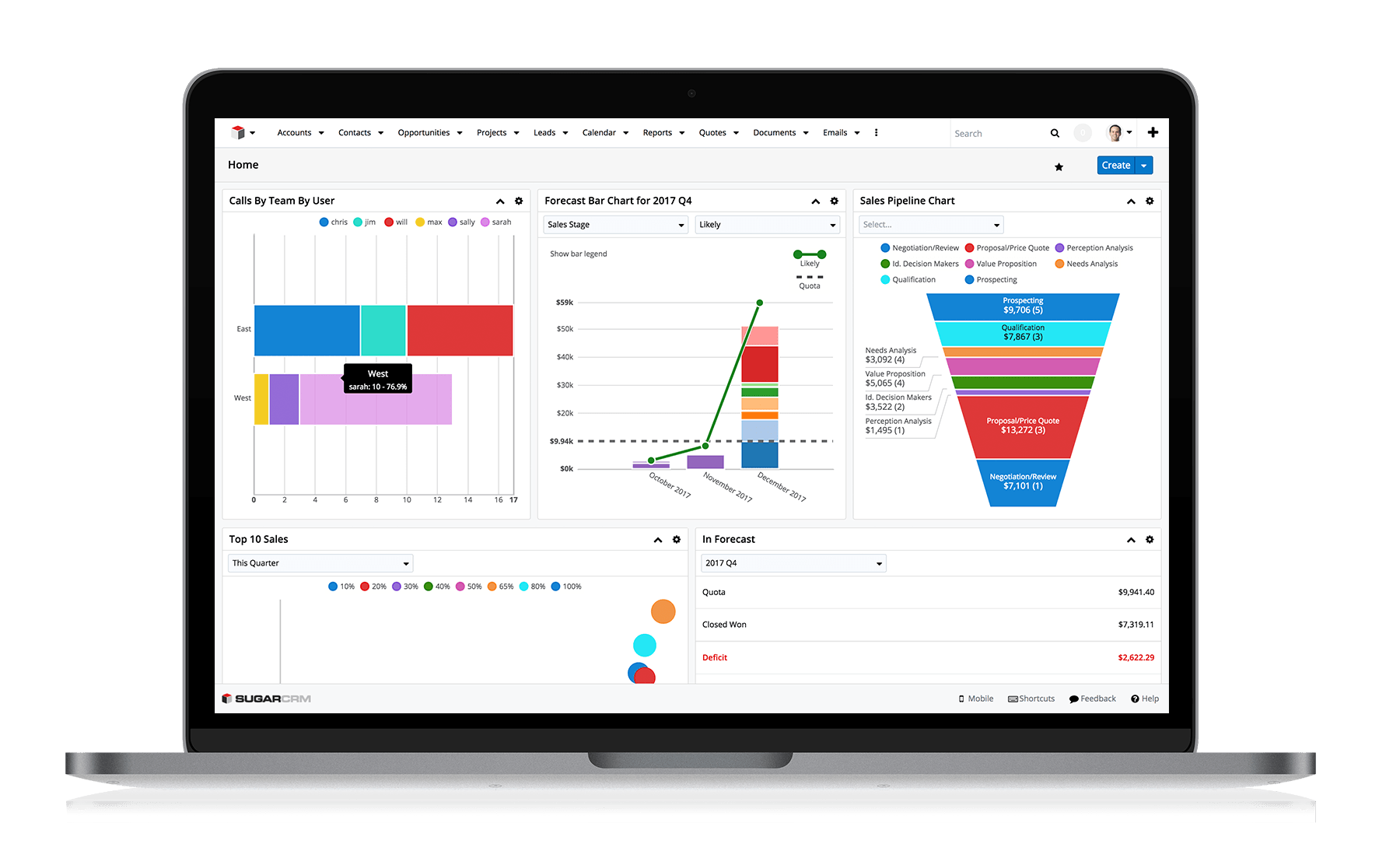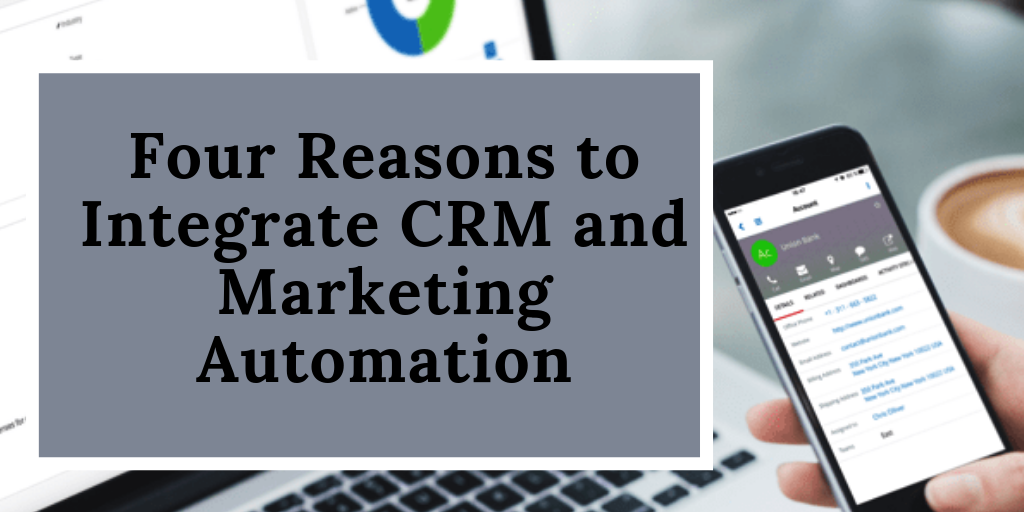What is Marketing Automation?
Marketing automation is a technology platform that streamlines the creation, management and analysis of marketing campaigns and leads in one place. It automates processes for emails, website interactions, events and other activities as well as prioritizes the management of leads as they move over to sales.
It makes a marketer’s job easier by taking previously manual and tedious tasks and automating them so prospects can have a personalized and consistent experience. By helping to generate more qualified leads, better engage with prospects and customers, track campaign performance and analyze results, marketing automation platforms allow marketers to make more informed decisions to improve future campaigns.
Marketing automation platforms can also help engage with prospects earlier on in the buying cycle, which is critical given that SiriusDecisions reports as much as 70% of the buying cycle is completed online before engagement with a salesperson. Finally, these platforms can help close the gap between marketing and sales by creating a single funnel and workflows that unite both teams around a common goal and improve visibility.
Why should I integrate these two systems?
Here are the top four reasons to integrate CRM with Marketing Automation:
There are a number of marketing automation platforms that provide all the features mentioned above, but the key is having a system that fully integrates with your CRM to make use of all the data inside it. It is proven that you will benefit from integrating your CRM and marketing automation platform in the following areas:
1 – MORE LEADS
A marketing automation platform will help you drive more leads for sales. Period. A well-integrated CRM/MAP pair will seamlessly transition leads from marketing to sales. Natively integrated MAPs will also arm a sales representative with a view of all the activity a lead has taken to get to sales, such as engaging with email campaigns, attending an event, filling out forms or simply visiting your website.
2 – BETTER LEADS
Most marketing automation platforms offer lead scoring, which allows marketers to work hand-in-hand with sales to define what is truly sales ready. Sales representatives and marketers define the criteria of a lead. By creating scoring profiles, marketing is able to prioritize and process leads through the funnel at the right time to help sales improve the efficiency of their outreach. As your leads interact with your digital content or events, they accumulate a score based on the values assigned to each action. Once a lead’s score reaches the threshold you determine for being salesready, the lead is automatically pushed to the CRM and assigned to a salesperson. A lead scoring model can dramatically improve your overall lead management strategy, create efficiencies within the sales process and improve conversion rates.

3 – CONSISTENT AND CLOSED-LOOP EXPERIENCE
Typically, prospects have already engaged with your company before a sales person ever speaks with them. How do you make sure that sales picks up the conversation where the prospect left off? Give them visibility to the journey the lead has gone on with your brand including events they attended, whitepapers they downloaded and emails they responded to. All of this information ensures sales has the information to engage in the right conversation. Marketers spend a lot of time filling the top of the sales funnel with leads, but what happens to those that aren’t ready to buy? A well-integrated marketing automation platform allows a salesperson to indicate that marketing needs to nurture a lead more before they’re ready to talk to a sales person again. And, what about creating nurture campaigns that include a personal phone call from sales? With an integrated solution, marketing can add tasks to the CRM for sales to call into an account at the right time in a campaign. Essentially, the two-way communication between marketing and sales ensures you’re doing everything that you can to produce a qualified lead and get the most out of the leads you’ve driven by creating a consistent and closed-loop experience.
4 – ROI ON MARKETING SPEND
It is important to understand which marketing activities are driving positive results. By having an integrated solution, marketers can easily track the complete lifecycle from lead to closed/won business. Lead source reporting and ROI dashboards track how much revenue is being produced from marketing-generated leads and which marketing activities are the most fruitful.
The post Four Reasons to Integrate CRM and Marketing Automation appeared first on FayeBSG.


No comments:
Post a Comment